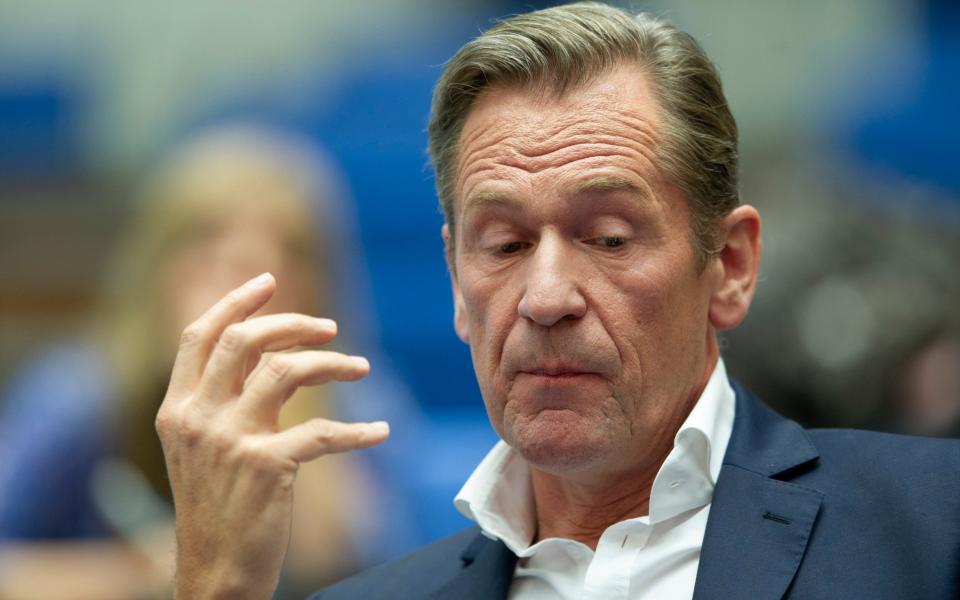Britain’s press freedom risks being eroded by the growing dominance of deep-pocketed tech giants, Sir Keir Starmer has warned.
The Prime Minister said the rapid rise of artificial intelligence (AI) could undermine independent journalism if left unchecked, adding that the delivery of trustworthy information was “more vital than ever”.
In an article to mark the news industry’s annual Journalism Matters campaign, Sir Keir wrote: “While thankfully there is no direct threat to press freedoms in our country, we must remain vigilant that the growing power of digital technology does not begin to chip away at them. Particularly as artificial intelligence begins to transform our economy and way of life.”
News publishers are grappling with how to respond to the emergence of AI, which poses a threat both to their business models and to journalism itself.
The News Media Association (NMA), which represents titles including The Times, The Guardian and The Telegraph, has warned AI could create a flood of fake news that would “pollute human knowledge”.
At the same time, publishers fear tech companies have used copyrighted material to train their chatbots without permission.
There are also concerns that AI-generated summaries on search result pages could divert readers away from news websites and further cannibalise advertising revenues. Already, there are dozens of ongoing lawsuits filed by media companies against tech firms over claims of widespread copyright breaches.
The New York Times has sued ChatGPT maker OpenAI and Microsoft, while Rupert Murdoch’s News Corp last week launched action against AI firm Perplexity.
Microsoft has described the lawsuit as “doomsday futurology”, while OpenAI accused the New York Times of paying someone to hack its products.
Both have filed motions to dismiss the claim. Perplexity said it was “disappointed and surprised” by the News Corp action, branding the company’s attitude “shortsighted, unnecessary and self-defeating”.

Other publishers have taken a less adversarial approach, choosing instead to sign licensing deals with tech companies. German media giant Axel Springer, which owns Business Insider, is among those to have struck agreements, alongside Reuters, the Financial Times and magazine group Conde Nast.
Sir Keir said he recognised the basic principle that publishers should have control over and seek payment for their work, including in relation to AI.
He added that new digital markets laws would help to “rebalance” the relationship between tech platforms and those who rely on them, including news publishers.
Owen Meredith, chief executive of the NMA, said: “While AI presents immense and exciting opportunities for all of us, these new tools are developed and trained on ‘large language models’ which depend on huge volumes of reliable data and content, such as journalism.
“To ensure both can not only survive but thrive, AI must grow alongside a highly transparent ecosystem that rewards trusted journalism.”
He added: “This is not just a matter of economic fairness, but also of preserving the quality and diversity of news available to the public.”
EMEA Tribune is not involved in this news article, it is taken from our partners and or from the News Agencies. Copyright and Credit go to the News Agencies, email news@emeatribune.com Follow our WhatsApp verified Channel



